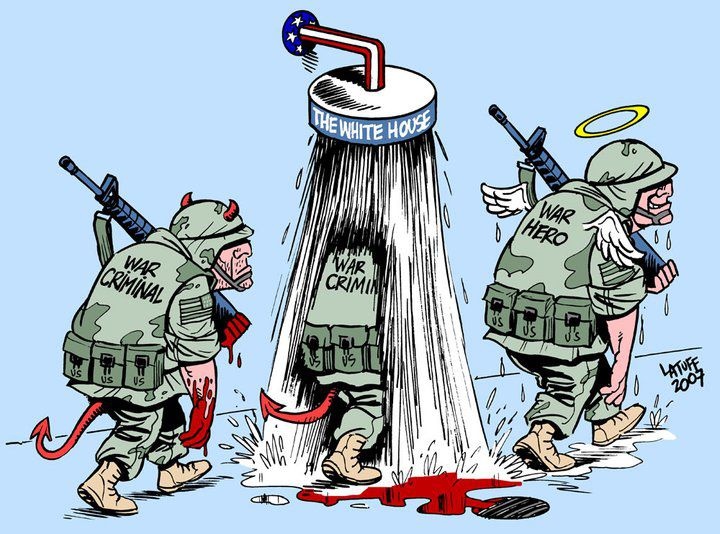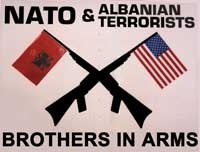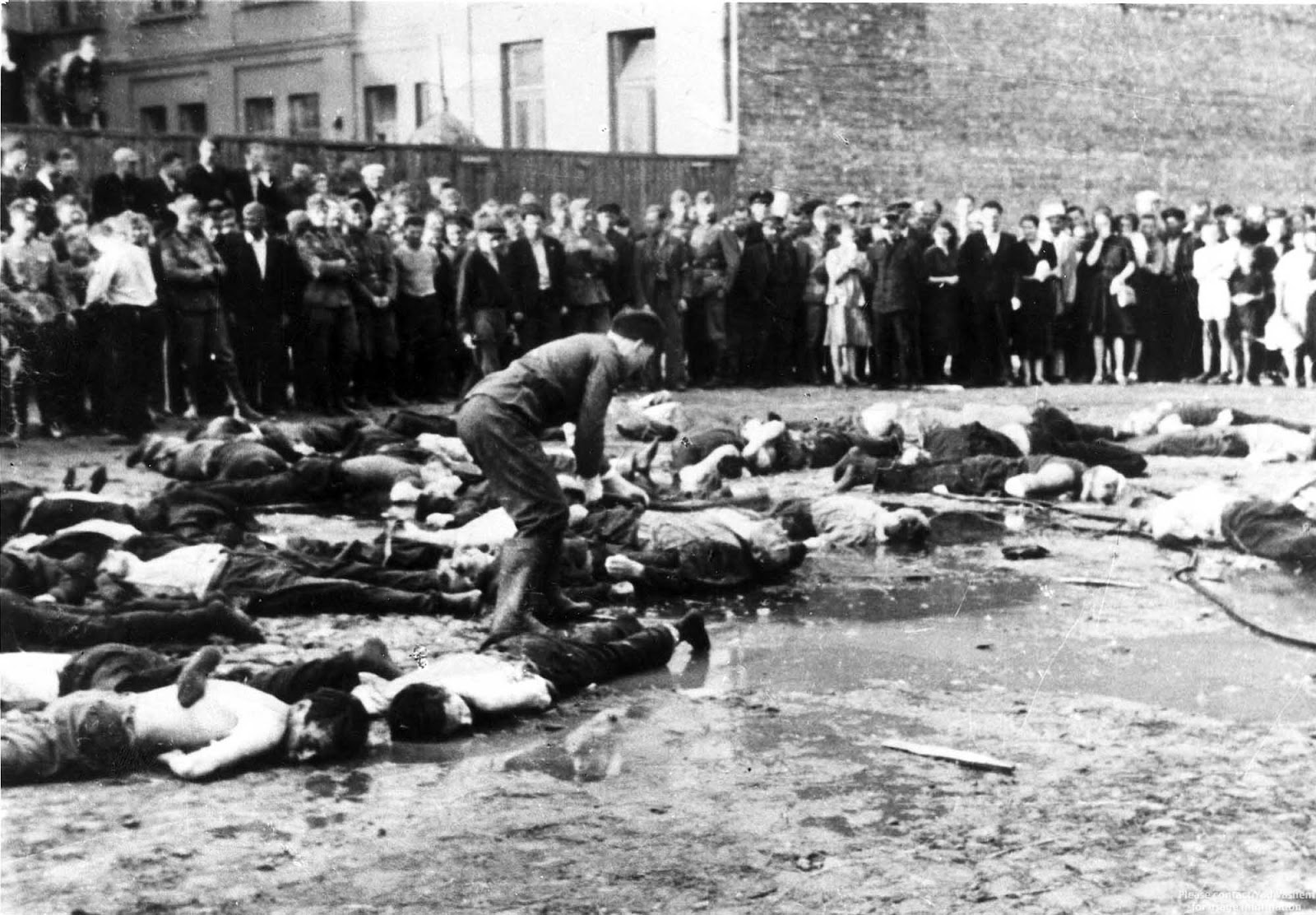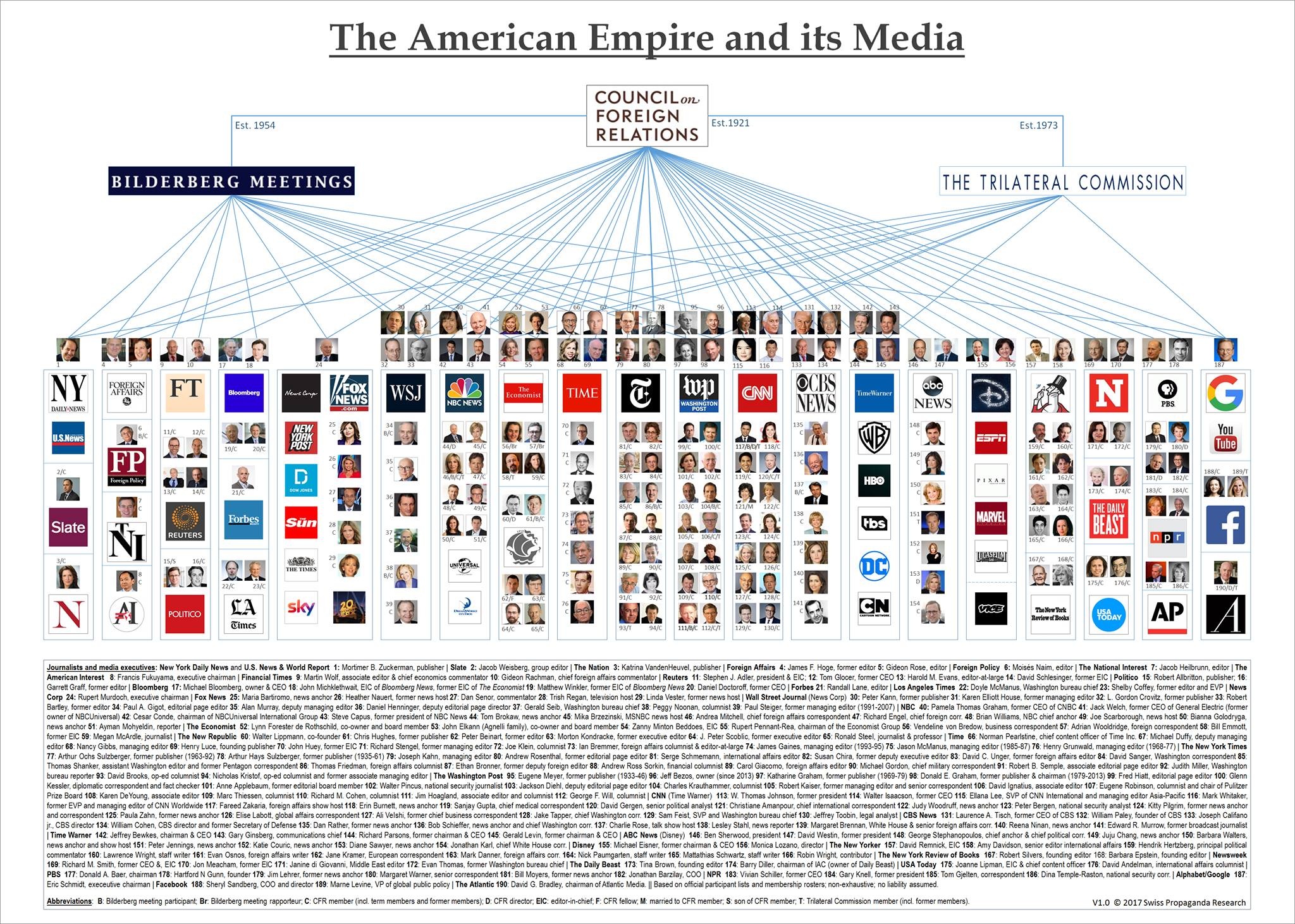
Vranitzky's chancellorship also happily coincided with the Gorbachev era in Moscow and the end of the Cold War.

Kreisky's less colorful successors, including Chancellor Franz Vranitzky (1986-97), the first Austrian political leader to call forcefully on his fellow citizens to deal with the past. Kreisky returned to become a political leader ready to make deals at home with the neo-Nazi Freedom Party, and abroad with Arab dictators and terrorists. A Jewish Socialist who survived the war in exile, Mr. With considerable precision and skill, she covers the era of Chancellor Bruno Kreisky (1970-83), an era which combined remarkable economic growth with controversial diplomacy. Pick's history of modern Austria is as complete a study as English-language readers are likely to see. But they preferred to remain silent, and let Austria take all the blame for the long-lasting cover-up of the country's moral failures." Pick asserts that by this action the four wartime allies "bore a large share of responsibility for creating and sustaining a misleading image of Austria. Austrian leaders said it would impose an unfair burden on a struggling democracy. The 1955 State Treaty that ended the postwar allied occupation of Austria was amended at the last minute, at Austria's urging, to drop even the one-sentence reference to responsibility contained in the Moscow declaration. The declaration did, however, remind Austria that it carried responsibility for its role in the war on Hitler's side. A conference of allied foreign ministers in Moscow in 1943 first conferred victim status on Austria, declared the Anschluss null and void, and vowed to restore Austria as an independent, democratic nation.

Pick is about the Austrians, she places part of the blame for their amnesia on the World War II allies.

Instead, it more often responded to foreign criticism with defensive self-pity, asserting it was the first of Hitler's victims.Īs tough and realistic as Ms. Unlike Germany, however, Austria only recently began confronting its past, either in its schools or in reparations to Jewish victims or their families. Pick, Austrians comprised 10 percent of the population of the Third Reich, but may have been involved in as many as half of the six million Jewish deaths during the Holocaust. As this book reminds us, it is a nation burdened with a deep history of anti-Semitism, where hundreds of thousands enthusiastically greeted the return of Austrian-born Adolf Hitler in 1938.īy the reckoning of Nazi-hunter Simon Weisenthal, the subject of an earlier biography by Ms. In the minds of many foreigners, Austria is either identified with "The Sound of Music" or "The Third Man" or is a country sometimes confused with Australia. Pick is herself a refugee from the Anschluss, the absorption of Austria into Hitler's Germany.

Hella Pick, a veteran diplomatic correspondent for the British daily newspaper, The Guardian, makes a determined effort to get to the roots of Austria's peculiar standing in the world that §ows, in part, from its long-delayed efforts to come to grips with its past. Last year, the strong election showing of Joerg Haider's far-right Freedom Party provoked international condemnation and EU diplomatic sanctions, which were later removed. In 1986, Kurt Waldheim's election as Austria's president, after revelations that he lied about his World War II service, led to a pariah presidency welcome only in Jordan, Libya, and the Vatican. Twice in the last two decades, the voters in this landlocked nation with a population barely the size of New York City have created political crises that reverberated through Europe and caused anxiety in the United States. If big countries want reminding that smaller ones can still cause no end of headaches, they need only look to Austria.


 0 kommentar(er)
0 kommentar(er)
